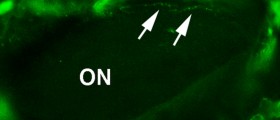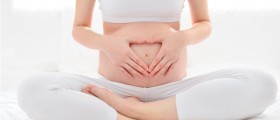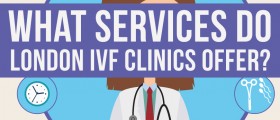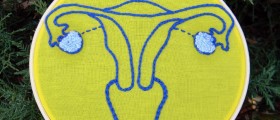
Do you have any risk factors?
OHSS can be divided into mild, moderate and severe OHSS. Mild symptoms are not at all unusual in IVF patients, and strike around a third of all women who have IVF, but any more than that can be potentially dangerous. Your odds of developing Ovarian Hyperstimulation Syndrome go up if you are under 30, suffer from Polycystic Ovary Syndrome (PCOS), have already had OHSS in the past or if you actually succeed in getting pregnant.
Symptoms
Symptoms of mild OHSS include nausea, abdominal bloating and cramping. More severe cases cause significant bloating and vomiting. In extreme cases of Ovarian Hyperstimulation Syndrome, which require immediate treatment, women are likely to experience dehydration and with that also terrible thirst. Fluid pooling in the abdomen is responsible for this. Lack of urination and breathing difficulty are also associated with severe OHSS. Swollen, red, and painful legs can indicate a blood clot. Get yourself to the ER!
Causes
Ovarian Hyperstimulation Syndrome is caused by fertility drugs that stimulate the ovaries to produce many eggs at once, which is needed for IVF so that a larger number of embryos can be created. The body's overreacting to these medications is responsible for OHSS. When the ovaries are overstimulated, they get bigger than they should and expel chemicals. These end up in the blood stream and cause fluid to pour into your abdomen. Ovarian Hyperstimulation Syndrome can affect major internal organs and can cause a blood clot that can be lethal in rare cases. That is why it is good to be on the look out for symptoms!
- www.nhs.uk/conditions/ivf/risks/
- medlineplus.gov/ency/article/007294.htm
- Photo courtesy of Day Donaldson by Flickr: www.flickr.com/photos/thespeakernews/20663715639

















Your thoughts on this
Loading...